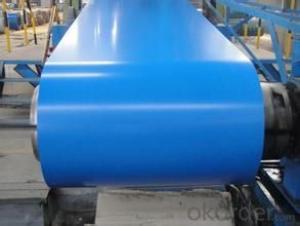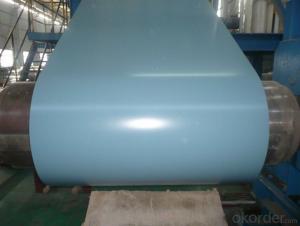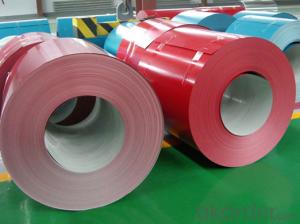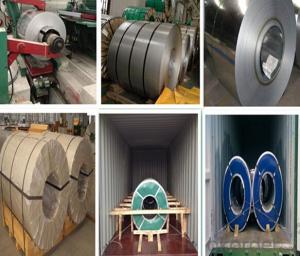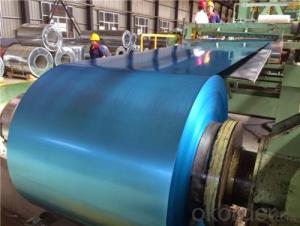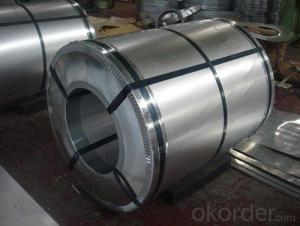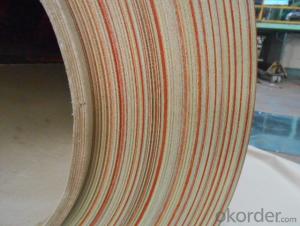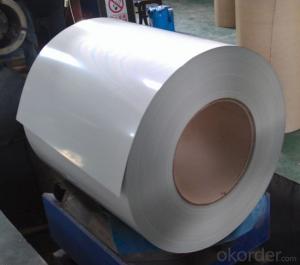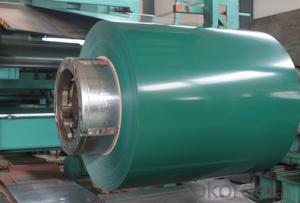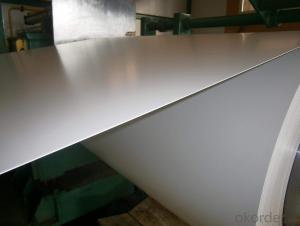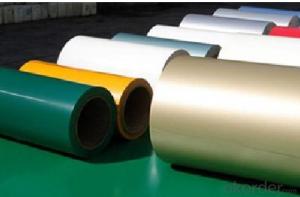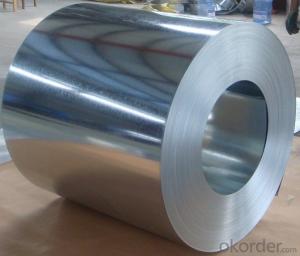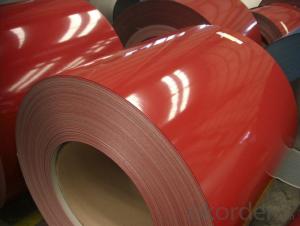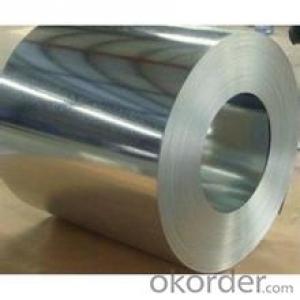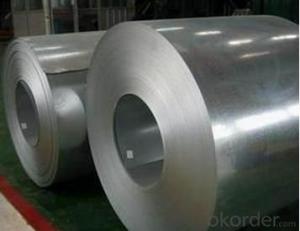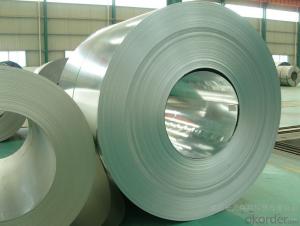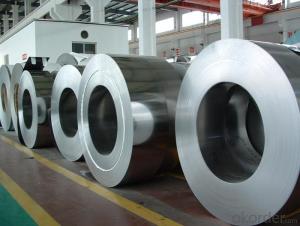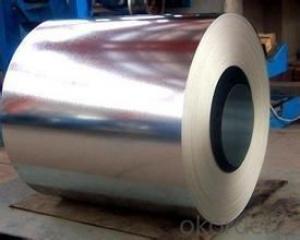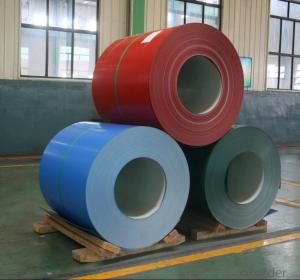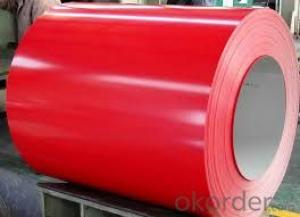All Categories
- - Steel Wire Rod
- - Steel Coils
- - Steel Profiles
- - Steel Pipes
- - Stainless Steel
- - Tinplate
- - Special Steel
- - Steel Sheets
- - Steel Rebars
- - Steel Strips
- - Hot Rolled Steel
- - Cold Rolled Steel
- - Pre-painted Steel
- - Seamless Steel Pipe
- - Welded Steel Pipe
- - Hollow Steel Tubes
- - Galvanized Pipe
- - Stainless Steel Coil
- - Stainless Steel Sheet
- - Stainless Steel Plate
- - Stainless Steel Strips
- - Electrolytic Tinplate Coil
- - Electrolytic Tinplate Sheet
- - Stainless Steel Rebars
- - Solar Panels
- - Solar Water Heater
- - Solar Related Products
- - Solar Inverter
- - Solar Cells
- - Solar Light
- - Solar Energy Systems
- - Solar Controllers
- - Solar Mounting System
- - Solar Pump
- - Solar Chargers
- - Fiberglass Chopped Strand
- - Fiberglass Mesh Cloth
- - Composite Pipes
- - FRP Pultrusion Profiles
- - Fiberglass Mat Tissue
- - Fiberglass Fabrics
- - Fiberglass Mesh
- - Composite Tank
- - Fiberglass Mesh tape
- - Polymer
- - FRP Roofing Panel
- - Fiberglass Roving
- - Monolithic Refractories
- - Ceramic Fiber Products
- - Refractory Bricks
- - Raw Materials For Refractory
- - Suspended Platform
- - Cranes
- - Concrete Machinery
- - Earthmoving Machinery
- - Building Hoist
- - Road Building Machinery
- - Plastic Pipe Fittings
- - Plastic Tubes
- - Plastic Sheets
- - Agricultural Plastic Products
- - Plastic Nets
 All Categories
All Categories
Q & A
Can stainless steel coil be perforated?
Yes, stainless steel coil can be perforated. Perforation is a common process used to create holes or patterns in stainless steel coils for various applications such as filtration, ventilation, or decorative purposes.
How do you prevent stress corrosion cracking in stainless steel coils?
To prevent stress corrosion cracking in stainless steel coils, several measures can be taken. Firstly, selecting the appropriate grade of stainless steel with high resistance to stress corrosion cracking is crucial. Secondly, ensuring the coils are fabricated and heat-treated properly to relieve any residual stresses that could lead to cracking. Additionally, avoiding exposure to corrosive environments, such as chloride-containing solutions or high temperatures, is important. Regular inspection and maintenance, including cleaning and passivation, can help identify and prevent any potential stress corrosion cracking issues.
How is stainless steel coil used in the construction industry?
Stainless steel coil is commonly used in the construction industry for various applications. It is often used for structural components, such as beams and columns, due to its excellent strength and corrosion resistance properties. Additionally, stainless steel coil is used for roofing, cladding, and facades, as it can withstand harsh weather conditions and maintain its aesthetic appearance. It is also utilized for pipes, fittings, and fixtures, ensuring durability and longevity in plumbing systems. Overall, stainless steel coil is a versatile material that plays a crucial role in enhancing the strength, durability, and aesthetic appeal of construction projects.
How does conductivity vary with different grades of stainless steel coils?
The conductivity of stainless steel coils can vary depending on the grade of stainless steel used. Generally, stainless steel is not as conductive as other metals like copper or aluminum. However, different grades of stainless steel can have slightly different electrical conductivity properties. Higher grades of stainless steel, such as 316 or 321, tend to have better electrical conductivity compared to lower grades like 304. Nonetheless, the conductivity difference between different grades of stainless steel coils is typically minimal and may not significantly impact their overall performance in most applications.
Wholesale Stainless Steel Coil from supplier in Uzbekistan
We are committed to delivering high-quality Stainless Steel Coils to our customers in Uzbekistan. Our products are sourced from reliable manufacturers and undergo rigorous quality control processes to ensure their durability and performance.
We offer a wide range of Stainless Steel Coils in different grades, sizes, and finishes to suit various applications. Whether you need coils for construction, automotive, or manufacturing purposes, we have the right solution for you. Our products are known for their corrosion resistance, heat resistance, and excellent mechanical properties.
In addition to supplying Stainless Steel Coils, we also provide value-added services such as cutting, slitting, and packaging. Our team of experienced professionals will work closely with you to understand your specific requirements and deliver customized solutions.
As a subsidiary platform of CNBM, a Fortune Global 500 company, we have access to a vast network of resources and expertise. This allows us to provide competitive pricing, timely delivery, and comprehensive technical support. We are fully committed to meeting the needs of our customers and ensuring their satisfaction.
When you choose us as your Stainless Steel Coil supplier in Uzbekistan, you can expect reliable products, exceptional service, and a long-term partnership. Contact us today to discuss your requirements and let us provide you with the best solution for your Stainless Steel Coil needs.
We offer a wide range of Stainless Steel Coils in different grades, sizes, and finishes to suit various applications. Whether you need coils for construction, automotive, or manufacturing purposes, we have the right solution for you. Our products are known for their corrosion resistance, heat resistance, and excellent mechanical properties.
In addition to supplying Stainless Steel Coils, we also provide value-added services such as cutting, slitting, and packaging. Our team of experienced professionals will work closely with you to understand your specific requirements and deliver customized solutions.
As a subsidiary platform of CNBM, a Fortune Global 500 company, we have access to a vast network of resources and expertise. This allows us to provide competitive pricing, timely delivery, and comprehensive technical support. We are fully committed to meeting the needs of our customers and ensuring their satisfaction.
When you choose us as your Stainless Steel Coil supplier in Uzbekistan, you can expect reliable products, exceptional service, and a long-term partnership. Contact us today to discuss your requirements and let us provide you with the best solution for your Stainless Steel Coil needs.
